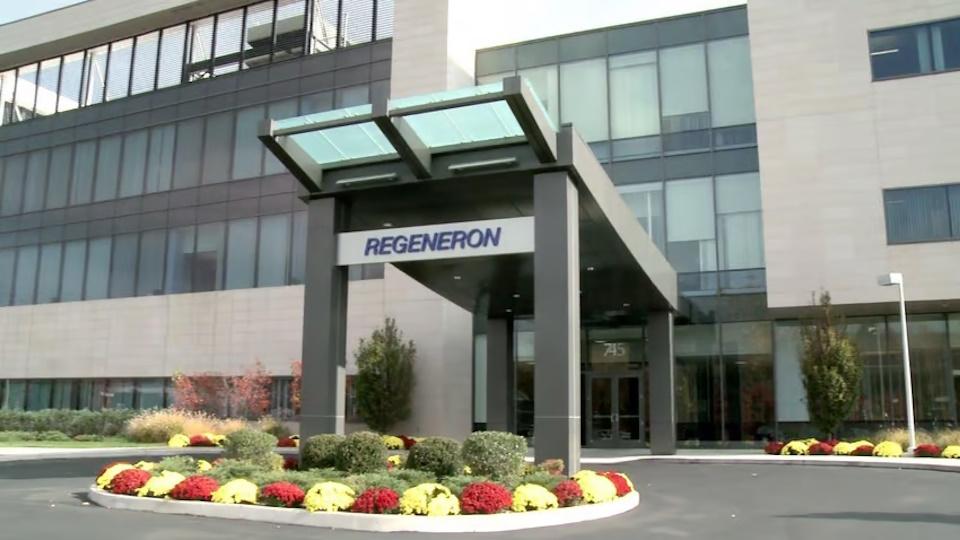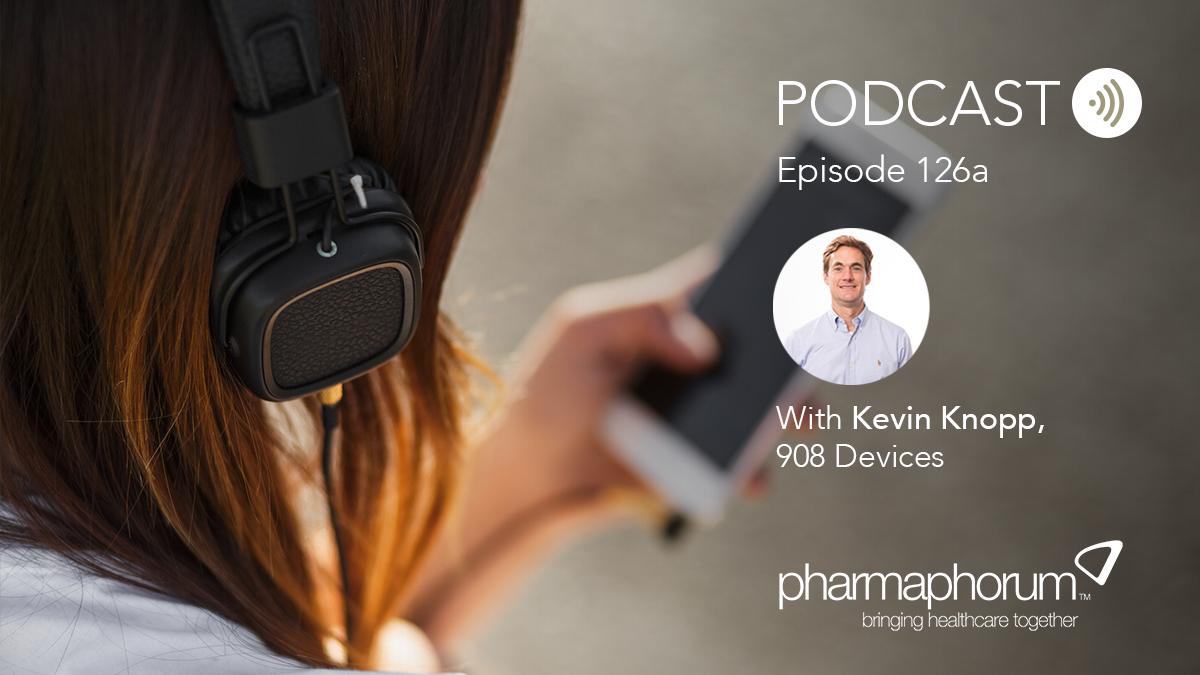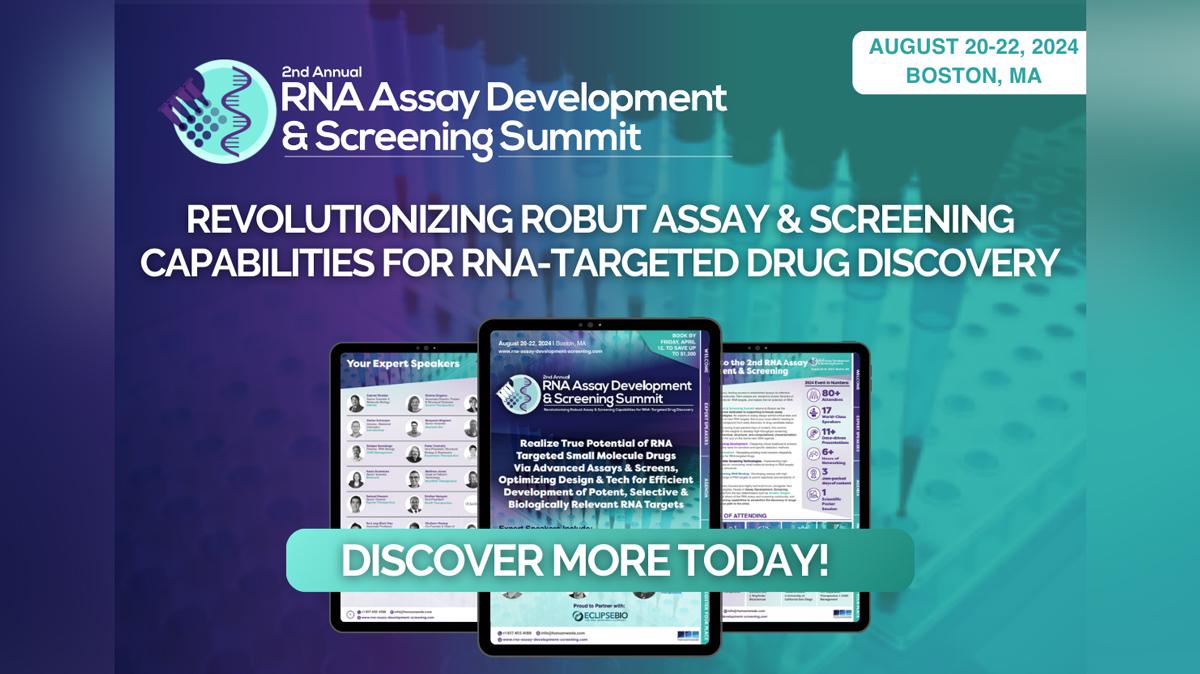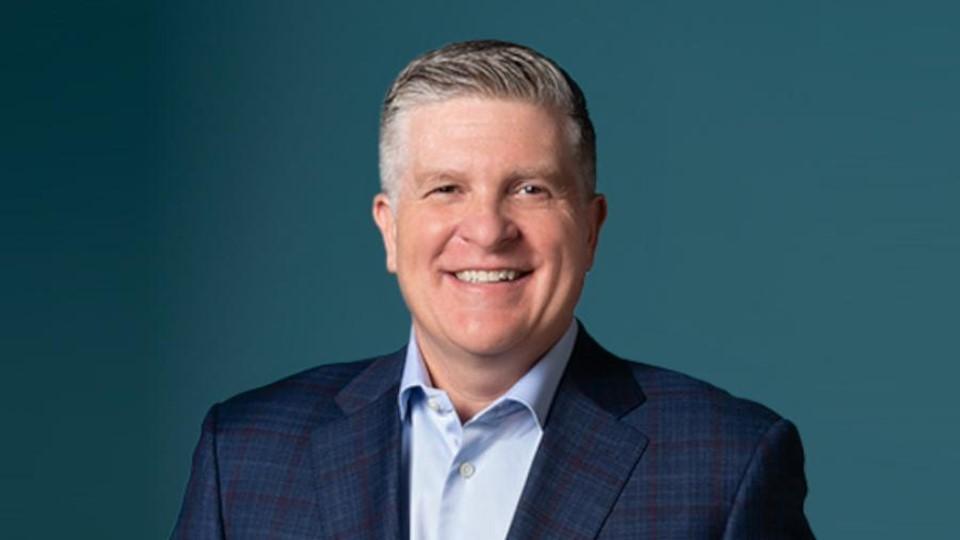AI innovator Quris seed funding grows to $37 million

Quris, an artificial intelligence (AI) innovator in the pharmaceutical arena, has secured an additional $9 million in seed funding, expanding its total seed round funding to $37 million.
Led by SoftBank Vision Fund 2, alongside existing private and institutional investors, such as GlenRock Capital, iAngels, Welltech Ventures, and Richter Group, the additional capital it to help Quris advance its Bio-AI platform, as well as broaden its team and industry collaborations and accelerate its novel drug research.
Quris is the first Bio-AI clinical-prediction platform that simulates clinical trials by leveraging a patented patient-on-chip system, using stem-cell-derived tissue and AI to simulate a real human body’s reaction to drugs, and thereby circumventing reliance on time-intense, inaccurate animal testing – timely, following a recent passage in the FDA Modernization Act to Ban Animal Testing Mandates.
Quris’ technology – developed in partnership with The New York Stem Cell Foundation (NYSCF) research institute – also aims to avoid the costly failure rate of drug candidates in clinical trials, which drive diminishing returns, cause consumer prices to soar, and negatively impact drug innovation.
Yossi Cohen, director of Israel Operations for SoftBank Investment Advisers, said: “We believe the early forecasting capability that Quris is developing brings real potential impact to the global pharmaceutical industry.”
He continued: “Harnessing the novel application of AI […] could save the enormous costs of drugs failing in clinical trials, and in doing so create a business in Israel of significant economic value.”
Dr Isaac Bentwich, founder and CEO of Quris, said: “SoftBank’s ecosystem comprises an impressive cluster of companies leading the field of artificial intelligence for pharma. As an investment partner, it gives them a unique perspective on this young and promising field that has already begun to produce significant unicorns.”
In February, German drugmaker Merck KGaA reached an agreement to pilot Quris’ Bio-AI safety prediction platform to identify if new drug candidates pose a risk of liver toxicity. Toxicity is a major contributor to drug failure, accounting for two-thirds of post-market drug withdrawals and around a fifth of failures during clinical testing.













